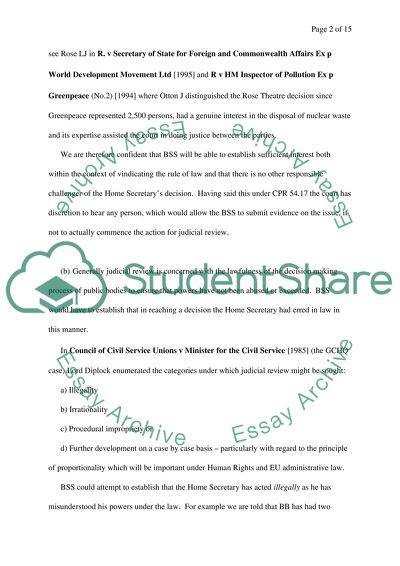Cite this document
(“Administration Law Case Study Example | Topics and Well Written Essays - 2750 words”, n.d.)
Retrieved from https://studentshare.org/law/1515330-administration-law
Retrieved from https://studentshare.org/law/1515330-administration-law
(Administration Law Case Study Example | Topics and Well Written Essays - 2750 Words)
https://studentshare.org/law/1515330-administration-law.
https://studentshare.org/law/1515330-administration-law.
“Administration Law Case Study Example | Topics and Well Written Essays - 2750 Words”, n.d. https://studentshare.org/law/1515330-administration-law.


